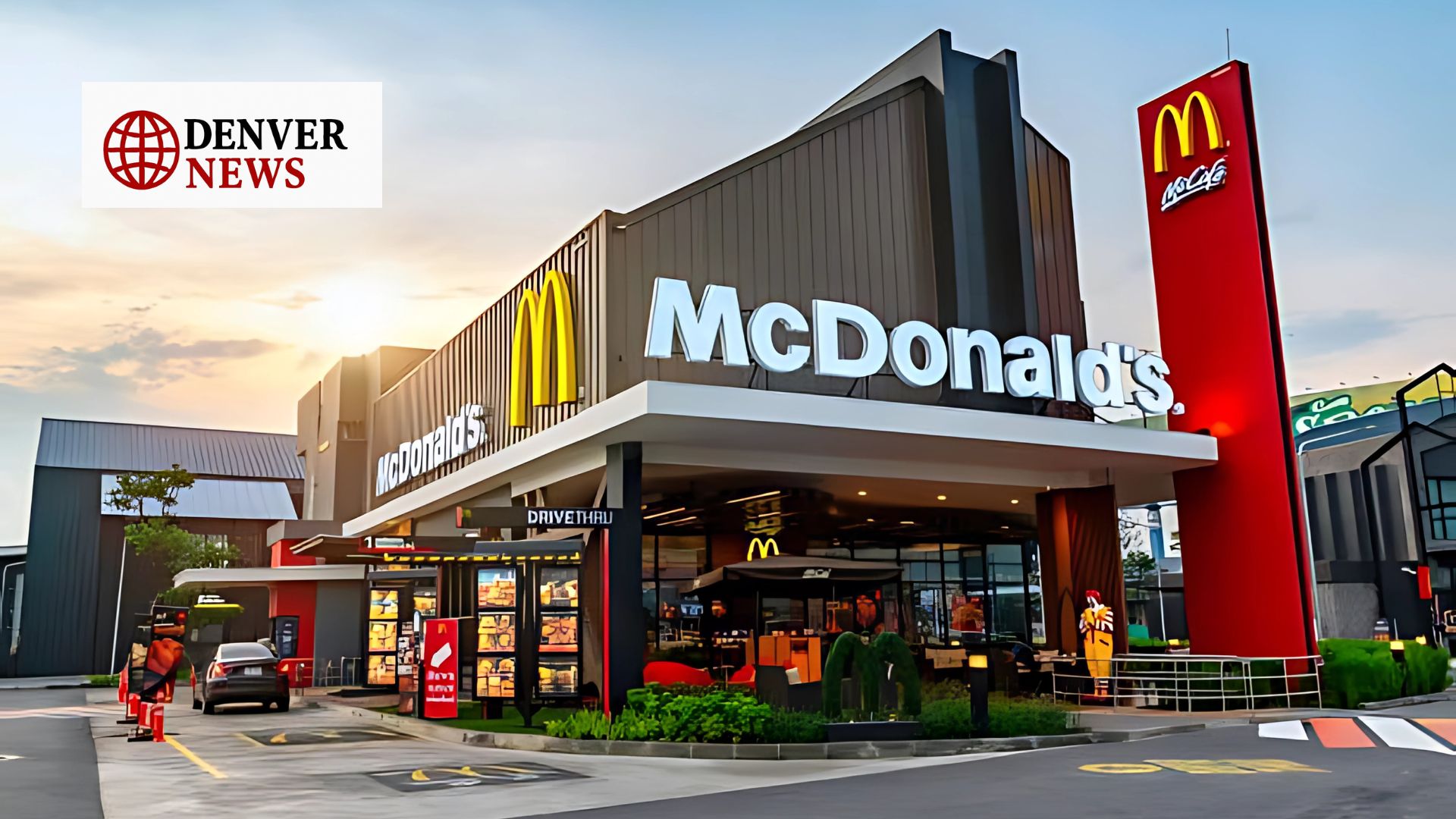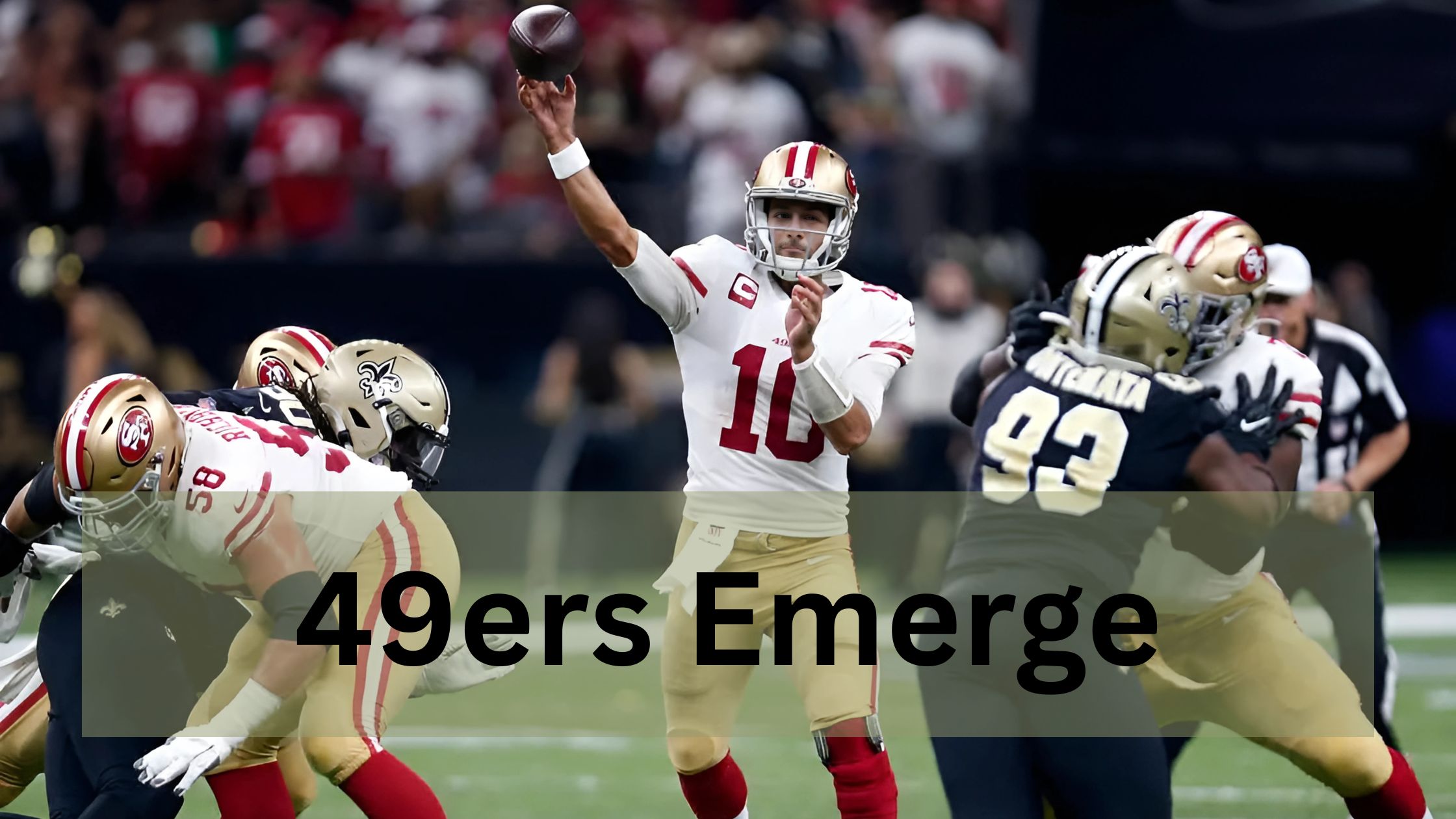The iconic Golden Arches of McDonald’s, once a universal symbol of fast-food comfort, are now at the center of a firestorm of global outrage and boycott calls. But what exactly triggered this massive backlash in 2025?
Let’s break down the events that led to this growing movement against the fast-food giant.
🔥 The Spark: A Geopolitical Flashpoint
The controversy began when McDonald’s Israel franchise was accused of allegedly supporting Israeli military efforts during the Gaza conflict. According to various reports and viral social media posts, the franchise was seen providing free meals to Israeli soldiers, which ignited outrage, particularly in Muslim-majority countries and among pro-Palestinian activists worldwide.
While McDonald’s corporate headquarters clarified that it does not control local franchise decisions, the damage was already done in the court of public opinion.
🌍 Global Backlash Gains Momentum
Within days, the hashtag #BoycottMcDonalds started trending on platforms like X (formerly Twitter), Instagram, and TikTok. Protesters from countries like:
- Indonesia
- Malaysia
- Pakistan
- Turkey
- United Arab Emirates
called for a complete boycott of McDonald’s, citing support for human rights and solidarity with Palestine. Videos of people canceling orders, returning food, and organizing sit-ins went viral, further fueling the movement.
🧾 Impact on Business
While McDonald’s has a global brand presence and resilience, the boycott has started to affect business:
- Sales reportedly declined in select Middle Eastern and Southeast Asian markets.
- Franchise partners in boycotting countries issued statements distancing themselves from the Israel unit.
- Protests and picketing were reported outside major outlets in some cities.
McDonald’s has not yet released official Q2 impact figures, but analysts warn the reputational hit could have long-term consequences.
🗣️ Official Response from McDonald’s
In an official statement, McDonald’s Corp. reiterated:
“We are a global franchise organization. Local market decisions do not reflect the views or operations of McDonald’s Corporation.”
Despite the clarification, many users online criticized the statement as being “too little, too late”, calling for transparency and stronger ethical commitments from the global fast-food brand.
🤔 Why This Boycott Feels Different
Boycotts against large corporations are not new, but this one feels more intense and globally coordinated, largely due to:
- Widespread social media influence
- Youth-led digital activism
- Ongoing geopolitical sensitivities
It also reflects a growing consumer demand for corporations to take moral stances and be more transparent about their global affiliations and practices.
📌 Final Thoughts
As of now, the McDonald’s boycott shows no signs of slowing. Whether it leads to policy changes or long-term sales impact remains to be seen, but it has undoubtedly forced brands to reconsider their global positioning in a politically polarized world.
Other Using Link
Zohran Mamdani Joins the NYC Mayoral Race: A New Face in the 2025 Election







